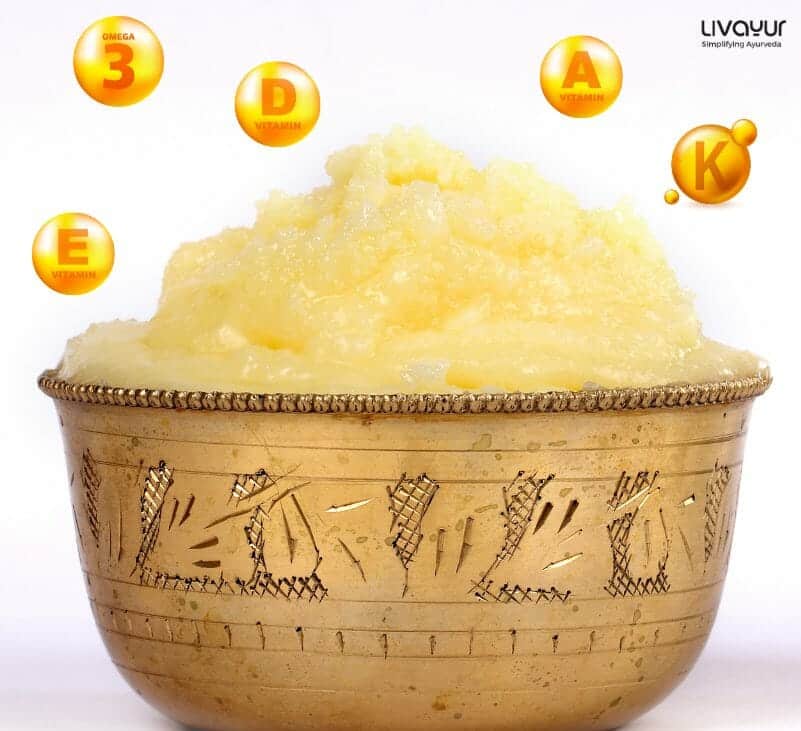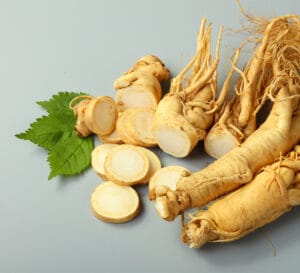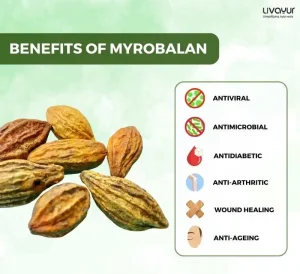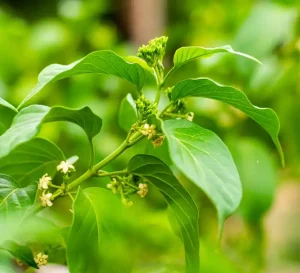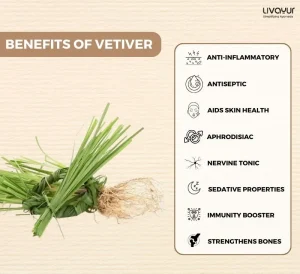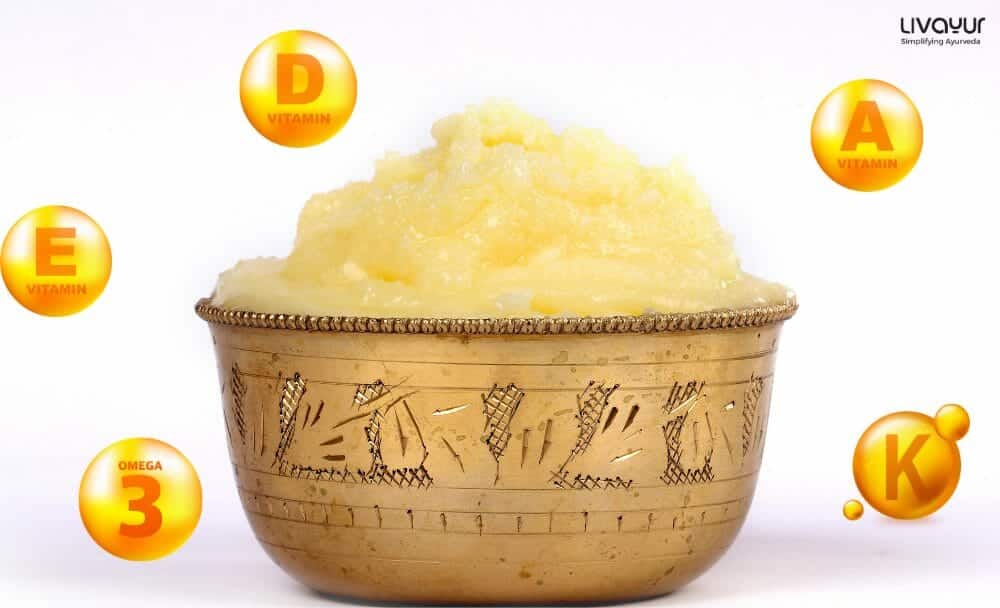
Ghee, also known as Ghrita in Sanskrit, is a type of clarified butter known to promote longevity. It is used extensively in many Ayurvedic medicines and procedures.
Ghee helps to improve Agni or digestive fire in the body and aids in the absorption and assimilation of nutrients. It is also known to nourish the Ojas and strengthen the nervous system in the body. According to Ayurveda, ghee is beneficial for all Doshas. It helps to balance Vata and Pitta Dosha, and if taken in moderation, it is also acceptable for people with Kapha Dosha.
Owing to so many health benefits of ghee, Ayurveda has always considered it to be one of the healthiest sources of dietary fats. However, since it contains saturated fats, it has always been a topic of discussion for heart patients.
So, is ghee good for the heart? Yes, Ayurveda says that ghee is good for your heart. It can treat, prevent, and manage many cardiovascular diseases.
Benefits of Ghee For Heart Health
1. Rich in Heart-Friendly Vitamins
As per Ayurveda ghee benefits are numerous. Ghee is rich in many fat-soluble vitamins such as vitamins A, E, K, and D. These nutrients help promote heart health and prevent many cardiovascular diseases.
2. Contains Conjugated Linoleic Acid (CLA)
Ghee is highly rich in conjugated linoleic acid (CLA), a natural trans-fatty acid known to boost heart health, control cholesterol, promote weight loss and prevent heart diseases, such as atherosclerosis.
3. Rich in Omega-3 Fatty Acids
Ghee is rich in omega-3 fatty acids that help reduce inflammation and prevent heart diseases. It is also known to lower blood pressure levels and reduce triglyceride levels, thereby reducing the risk of developing plaque in the artery or getting a stroke.
4. Includes Butyric Acid
Your heart health is also associated with your gut health. Poor gut health can lead to many cardiac conditions, such as atherosclerosis, heart attacks, stroke, etc. Rich in butyric acid, ghee helps maintain the health of the cells of the intestinal walls, remove toxins, regularise bowel movements and promote good colon health.
5. Full of Antioxidants
Oxidative stress is one of the leading causes of cardiovascular diseases, especially coronary artery disease. Ghee contains substantial amounts of antioxidants, which help fight free radical damage and reduce oxidative stress in the body.
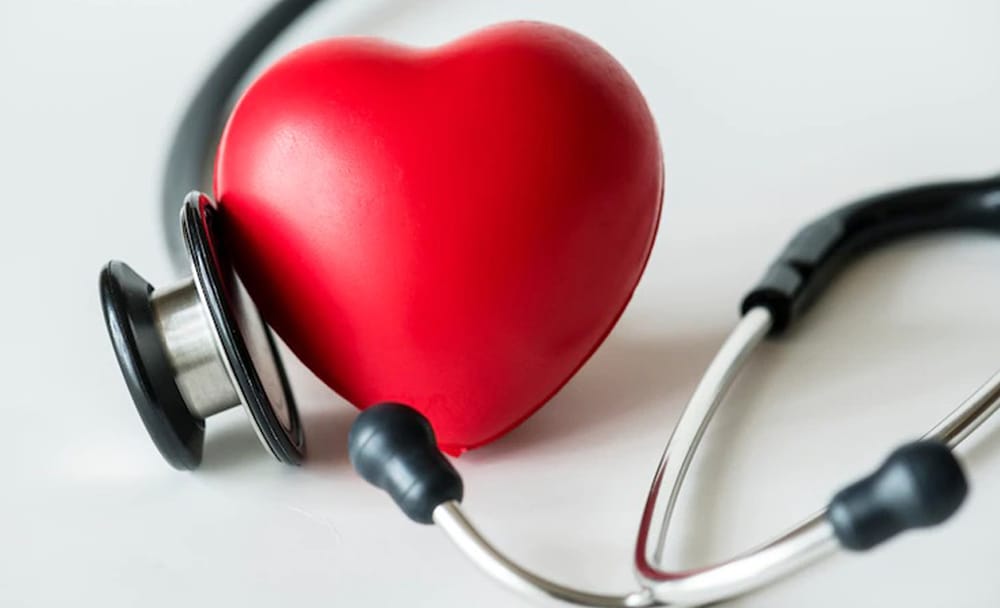
6. Contains Short Fatty Acid Chains
Long fatty acid chains are responsible for many heart problems such as blood clotting, thrombosis, etc. However, the same is not applicable for short fatty acid chains, which is found abundantly in ghee. Short chains of fatty acids protect the digestive tract from harmful microorganisms and improve digestion, thereby lowering the risks of many cardiovascular diseases. They also help to stimulate hormone production and strengthen cell membranes, further boosting heart health.
7. Lowers The Levels of LDL
High levels of low-density lipoprotein or LDL can increase the risk of heart disease and stroke. Ghee is rich in oleic acid, which helps lower LDL and boost your heart health. It also enables LDL to resist oxidation, thereby slowing down the progression of atherosclerosis.
Can Heart Patients Eat Ghee?
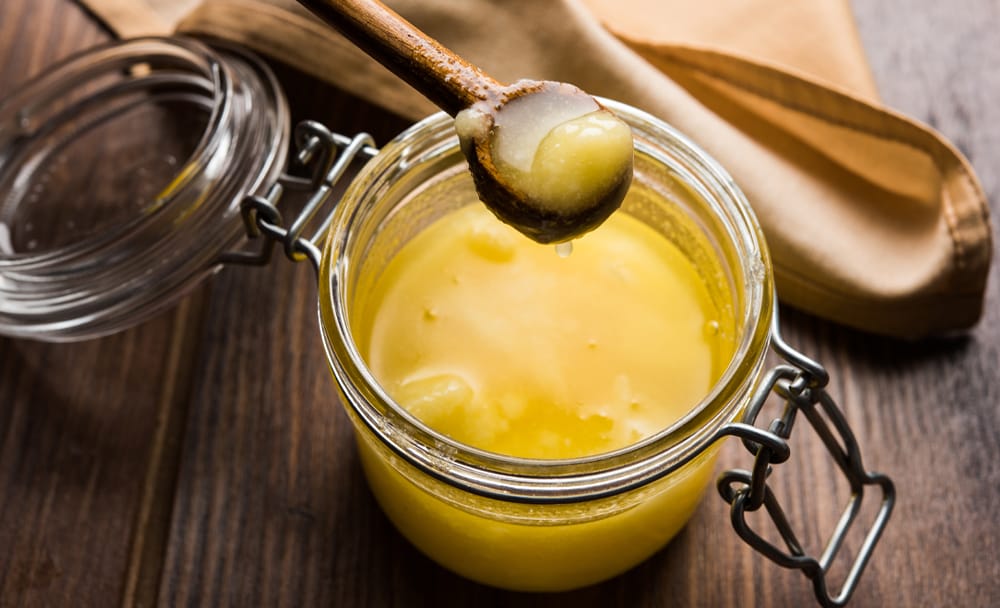 Yes, heart patients can eat ghee. As discussed above, ghee helps to manage heart diseases and is therefore good for heart patients. However, if you suffer from any heart problem, it is recommended to:
Yes, heart patients can eat ghee. As discussed above, ghee helps to manage heart diseases and is therefore good for heart patients. However, if you suffer from any heart problem, it is recommended to:
- use pure and premium quality ghee
- use ghee in moderation as excessive consumption of ghee can reverse the benefits
- regulate your carbohydrate intake, and
- use ghee only after consulting the doctor
Takeaway:
According to Ayurveda, ghee is the healthiest dietary fat for heart patients. It provides all the heart-friendly vitamins, antioxidants and omega-3 fatty acids, all of which help boost heart health and reduce the risk of cardiovascular diseases.
Although ghee is saturated fat, it does not contain long-chain fatty acids. It comprises short chains of fatty acids that are beneficial for your heart and help prevent blood clotting. Eating ghee every day also helps increase good cholesterol and lower LDL or bad cholesterol in the body. However, if you are a heart patient, you must use ghee only after consulting a doctor.




